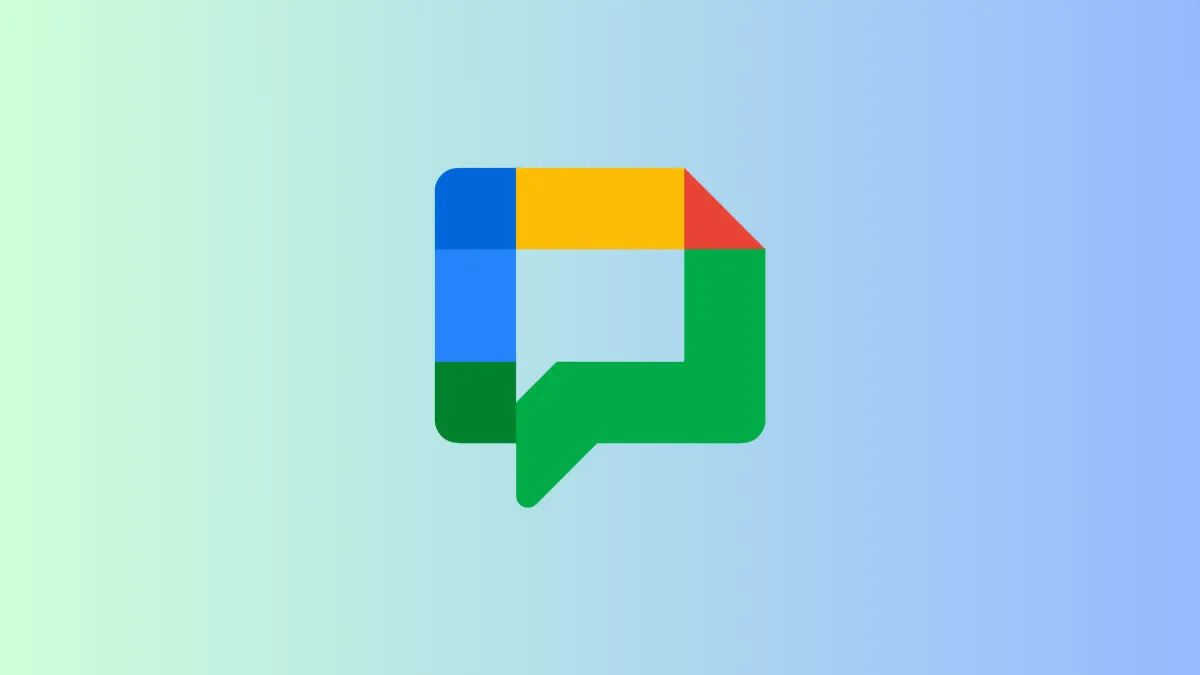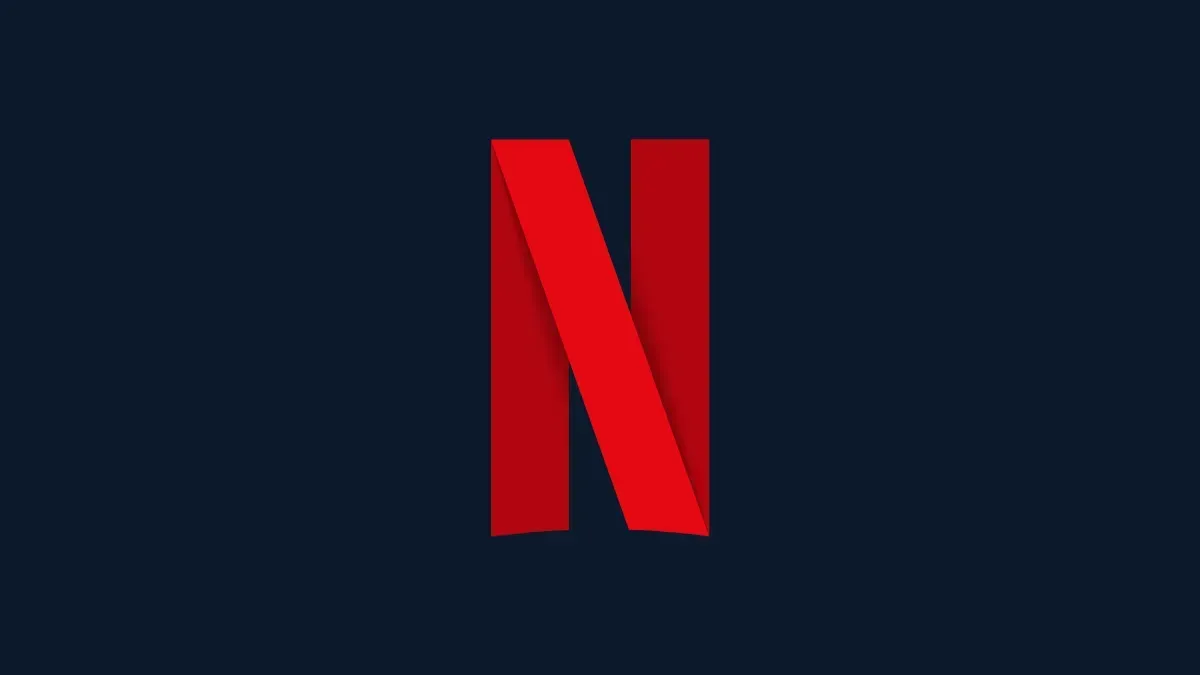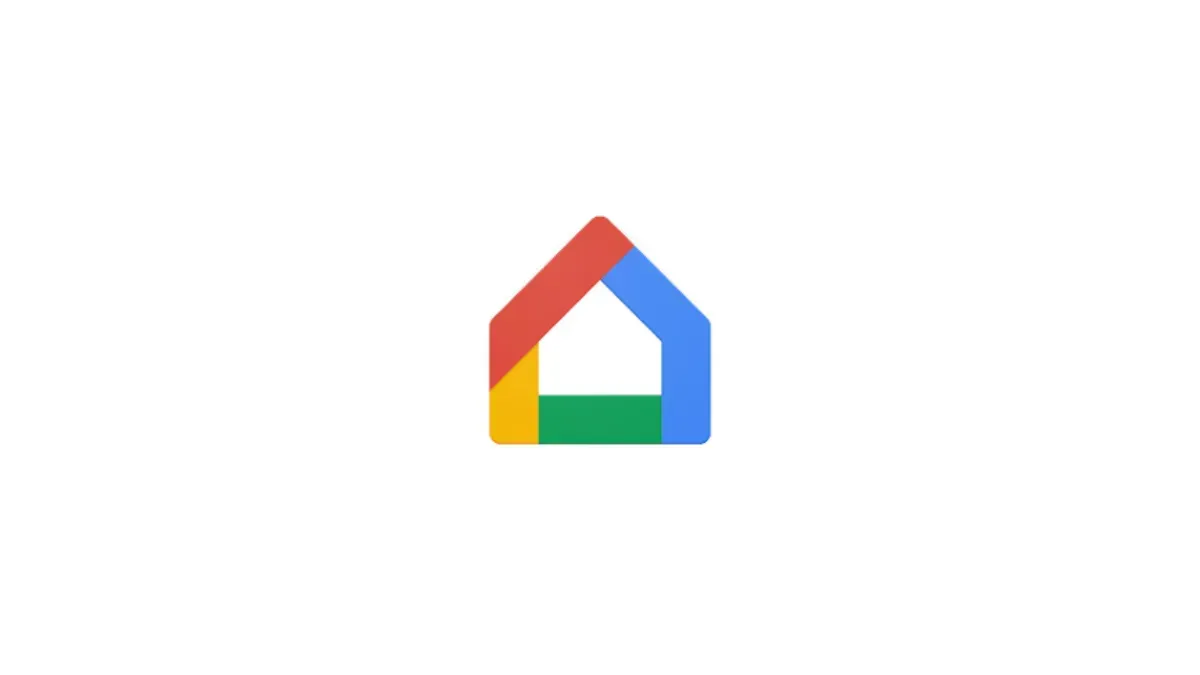What To Know
- ChatGPT: A language model created by OpenAI designed to generate natural responses to user queries.
- Microsoft’s Bing’s gains: Microsoft has integrated the latest GPT-4 model into the new Bing, making it a really strong contender to Google search after all these years.
- Google Bard’s Debacle: The live demo of Google’s own AI chatbot ‘Apprentice Bard’ is criticized for producing inaccurate results to simple queries; Google loses $100 billion in market value.
Language-based AI models are all the rage in the world today, and OpenAI’s ChatGPT is at the center of it all. From writing an essay to delivering computer codes on demand, there’s a long list of possibilities that open up with ChatGPT (and similar chatbots): a potentiality that is looking to transform and upend the Google-led search engine industry.
With Microsoft’s multibillion-dollar backing for the next generation of web search, folks at Google find themselves behind the eight ball, staring at a very real downturn in their ad-based revenue source.
But how have the stars aligned for ChatGPT, and Microsoft by extension, to take such giant strides as to cause panic to a giant like Google and leave them red-faced? If you’re not familiar with the meteoric rise of a startup like OpenAI and its industry-disrupting chatbot ChatGPT, you need to be.
Related: Is GPTZero Accurate? Can GPTZero Detect ChatGPT? Here’s What Our Tests Revealed
1. ChatGPT: A tech that makes Google feel like a stone-age artifact
Within five days of its launch, no less than a million users flocked to ChatGPT to explore the platform. The number has since rocketed to more than 100 million. By comparison, TikTok and Instagram took many months and years (respectively) to garner that many users. But what is ChatGPT in a nutshell? Let’s hear it from the horse’s mouth.

Traditionally, if you want to find information on a topic, you open Google, and you google for it (an act that has reserved its own verb). You get a bunch of links to websites where the answer may be found. But it’s you who has to scour through them to get what you need. ChatGPT, on the other hand, is designed for one thing only: to cut down on all that search and literally tell you, in a conversational style, whatever it is that you’re looking for.
Fed on a massive data set of books, articles, and the world wide web, ChatGPT’s technology leverages OpenAI’s GPT3 AI platform – the largest neural-language model ever produced, tuned to understand human queries and generate appropriate responses.
So ChatGPT can do much more than simplify your web search. It will write graduate essays, computer codes, build your holiday itinerary, give advice on birthday plans, and even write you a poem if you ask it to. It’s a field day for content creators, especially when ChatGPT can churn out ideas on the fly, but it is safe to bet that its impact will leave no industry untouched.
2. Microsoft’s multibillion-dollar backing
Co-founded by Elon Musk and Sam Altman, ChatGPT has been in the news ever since its inception in 2015. But Microsoft has been the most notable investor, with prior investments in 2019 and 2021, and a whopping $10 billion investment in 2023 to accelerate ChatGPT’s development and integrate it ever so closely with its own services.
OpenAI’s previous success came with Dall-E, an AI-based text-to-image tool that turns text prompts into realistic, often surrealistic, images. And now, with ChatGPT, OpenAI has really upped the stakes when it comes to how we, the users, interact with the web.
Clearly, Microsoft has struck gold with ChatGPT. At a time when the Google-dominated search engine industry is ripe for a transition, Microsoft is definitely ahead of the curve even as other competitors look to develop their own AI-based chatbots. However, they are still far behind what ChatGPT is able to do.
3. ChatGPT’s Bing Integration
Microsoft has already integrated the latest version of the ChatGPT technology (GPT-4) into its new Bing search and Edge browser. What we know as ChatGPT thus far was only a demo of its capabilities, a preface to what’s about to come. OpenAI CEO Sam Altman recently called ChatGPT a cool but horrible product, one that “was really not designed to be used”, and claims the new AI-powered Bing offers better utility in terms of search. Such claims may be well-intentioned, but they are yet to be tested on a wide scale since the new Bing is only available to a limited number of users, and one needs to sign up and be waitlisted first in order to preview it.
4. Google set to lose a buck
Amidst all the hullaballoo surrounding ChatGPT, Google is the one that has the most to lose. In 2022 alone, Google’s revenue amounted to $279.8 billion, the majority of which ($224.47 billion) came from search advertising. But as the nature of search changes, Google’s business model may begin to crumble. In the future, when all our queries get a swift response, Google may find itself without any tricks to show ad links to users and generate any reliable source of revenue.
The success of ChatGPT and the ongoing development of other similar AI tools have had Google scratching its head for a way to get back in the race. But it is not that Google doesn’t have anything to offer. It did launch its AI-language model LaMDA in 2021 but may have missed the bus in launching a user-oriented product early enough. That is where its latest offering, the Apprentice Bard, a homegrown AI chatbot, comes into the picture, albeit only to make a bad situation worse.
5. Apprentice Bard’s (in)ability to keep up with the evolving industry
In all respects, Google’s scramble for a response in the form of Bard was rushed. In the live demo presentation, Bard faced criticism for generating inaccurate results for a simple factual query – something that the next-gen of search/query platforms ought to do.
Google’s Bard AI chatbot gives wrong answer at launch event from google
It was clear to anyone watching the presentation that Google had shot itself in the foot, and sure enough, Google’s stocks came tumbling down, costing the tech giant $100 billion in market value.
But that is not to say that ChatGPT doesn’t have its own faults and inconsistencies. It, too, has had problems generating factually correct answers in the past. Sam Altman had said much about it. But the debacle around Bard’s factual inaccuracies, that too during a live presentation, was plain unfortunate and cost Google dearly. And to think that it happened just a day before Microsoft unveiled the new Bing with integrated ChatGPT.
Google’s ‘Code Red’ may have been issued to speed up the development of its AI services, but an undercooked chatbot has only managed to leave them red-faced with nowhere to hide.
6. Demo debacles and industry concerns
Bard’s opening disaster has raised the perennial question of trust when using AI-driven chatbots. Cutting corners and producing inaccurate results is one thing. But there are larger issues yet to be addressed, such as chatbots posting racist, misogynist, or xenophobic language. Such problems have plagued chatbots before and had to be taken down before they could reach a wider audience – the same reason why Google kept Apprentice Bard away from the public’s eye until they decided to go ahead with it anyway.
The OpenAI team has kept filters to prevent users from receiving offensive responses. For instance, you can’t tell it to write a racist story. You’ll only end up with a polite refusal from the bot. But, in the early days of ChatGPT, users had reported similar issues with ChatGPT as well.
Unfortunately, ChatGPT still has racial bias that surpasses the detection methods from ProgrammerHumor
However, this may not be replicable as OpenAI has made the filters more stringent since then. Nevertheless, it does highlight the key problem of AI. Contextual nuances may be lost on a chatbot, but they are often assaulting obvious to humans.
7. All’s not well in AI wonderland
The next crop of AI chatbots will need to seriously address concerns over quasi-scientific claims and offensive content that can sometimes come already baked into the AI itself. Microsoft’s Bing and Edge may have integrated the latest GPT model in their services (with Microsoft 365 products soon to get that upgrade), but only time will tell how it is received globally. In the meantime, Google will have to pull up its socks and get ready for the long grind in an industry that will soon be transitioning away from traditional search engines to AI-powered chatbot integration that is here to change a whole lot for a whole lot of people.













Discussion